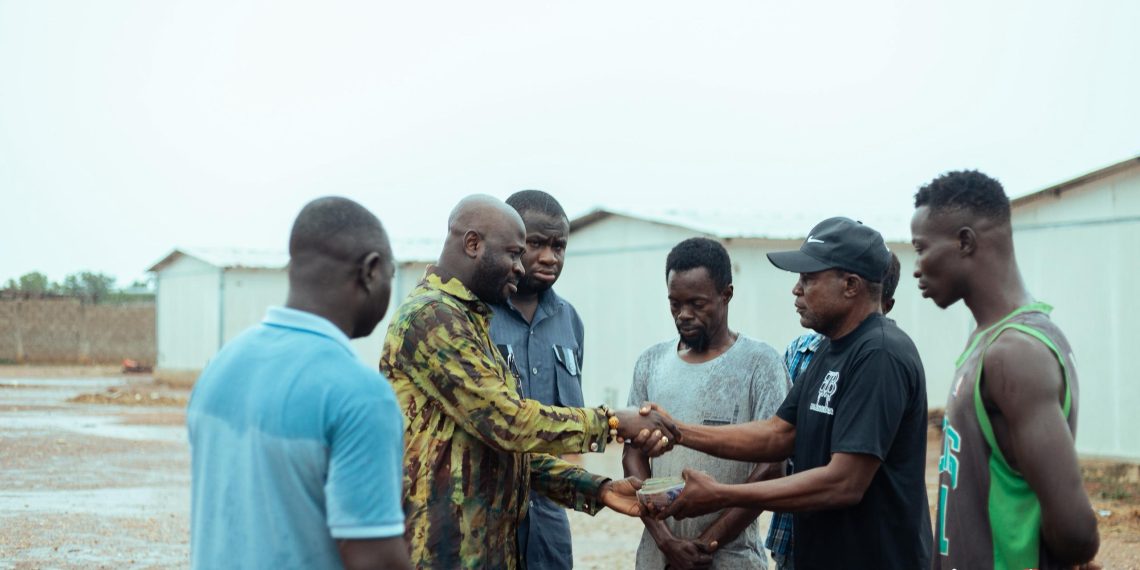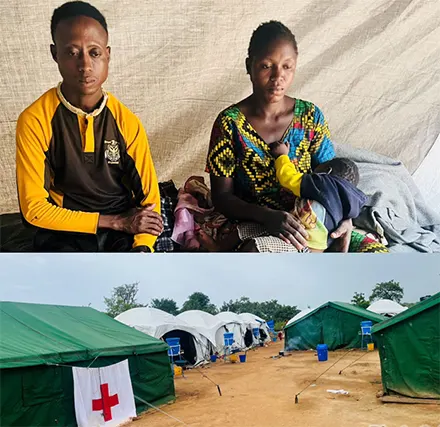Ghana claims of repatriation face strong opposition from deportees who insist the government’s version of events is misleading. They argue that despite official reports, most of them remain in detention under difficult conditions.
Out of 14 immigrants deported from the United States to Ghana on September 6, only three have been returned to their countries of origin. The rest—11 people from Nigeria, Togo, Mali, Gambia, and Liberia—are still being held at the Bundase military camp near Accra.
The detainees say their situation contradicts the narrative put forward by Ghanaian authorities. While officials maintain that the repatriation process is complete, the deportees continue to live in restricted conditions at the camp.
Lawyers representing the group accuse both Ghana and the United States of lacking transparency. Attorney Samantha Hamilton explained that efforts to obtain details of the arrangement between the two governments have failed. She emphasized that families and lawyers deserve to know the conditions under which the deportees were transferred.
Several deportees describe suffering while in custody. A man who had lived in the U.S. for 12 years said unsafe water and poor food caused him to contract malaria. Another, a 28-year-old Togolese national, claimed that authorities gave him no explanation about his deportation or his future.
Human rights advocates warn that the deportations threaten asylum protections. They argue that some individuals may face persecution if forced back to their countries. Reports also suggest that a few deportees had already won their immigration cases but were still removed.
The dispute has sparked growing concern among legal experts and rights groups. They believe the treatment of the deportees raises serious questions about international standards for migrant protection and the government’s commitment to human rights






